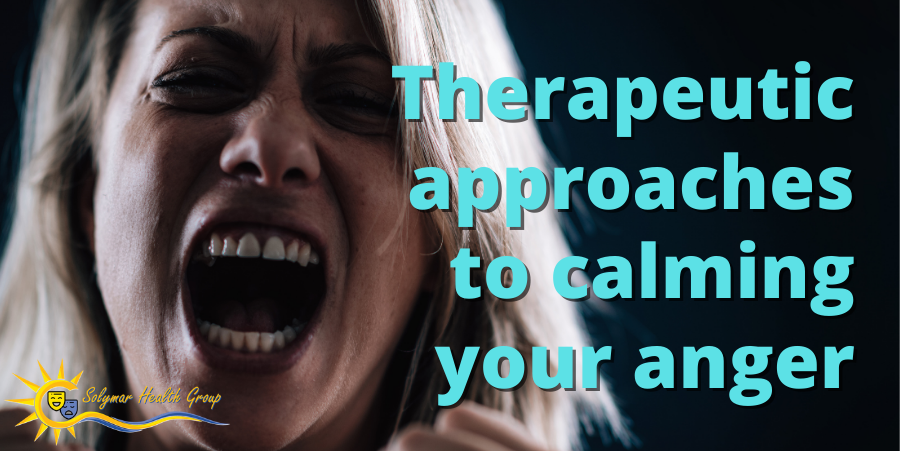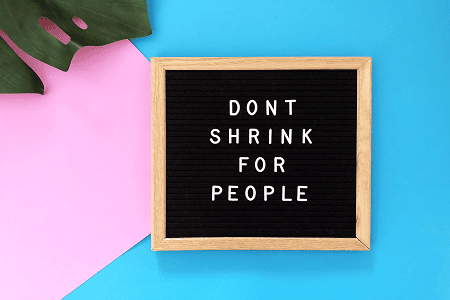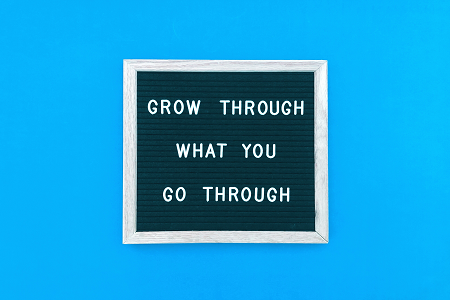Anger is rarely the right response to everyday problems. Although people often report experiencing negative emotions at the best of times, it is normal to experience anger and other negative feelings at times. This is usually when something happens that provokes negative emotions - for example when you lose your job or if your partner cheats on you.
Despite this, researchers still have much to learn about anger. Among other things, there's a lack of understanding about when and why anger is useful, and how it can be encouraged and managed in individuals and in groups.
We now know that anger can be used in a positive way, in the way we've been discussing all along. It's important to know that, despite the common belief that anger is an unpleasant emotion, in many instances it's really important for people to experience it in order to experience strong feelings of protectiveness towards others and towards themselves.

Research suggests that if people try to suppress or suppress their anger, they don't get the energy that comes with anger. Many forms of therapy, as well as medication, can help with anger.
Punishing angry emotions with activity, because they are so unpleasant, can often make them worse. An alternative is to turn anger into action, for example through mindfulness, expressing emotions, or engaging in active tasks.
To gain a better understanding of anger, a study was conducted looking at the role of mindfulness in anger management in mid-adulthood. It was found that those who practised mindfulness - in particular non-judgmental awareness and observing how they were feeling and thinking during an experience - had fewer aggressive thoughts and less anger, even when taking medication.
Other studies have found that individuals who identify strongly with their anger, and who use it as a goal for coping, have reduced aggressive thoughts and behaviour. In particular, they have less expression of anger in situations in which the behaviour would normally be appropriate, but now is inappropriate.
There's also evidence that when you understand that the energy of your anger is a resource and you direct it in a helpful way, you can feel calmer. Understanding and promoting the rewarding effects of anger can help you use it productively, rather than just as a source of suffering.
Cognitive Behaioural Therapy (CBT) is a healthy way to feeling calmer and channeling the energy of your anget into a more productive you.







